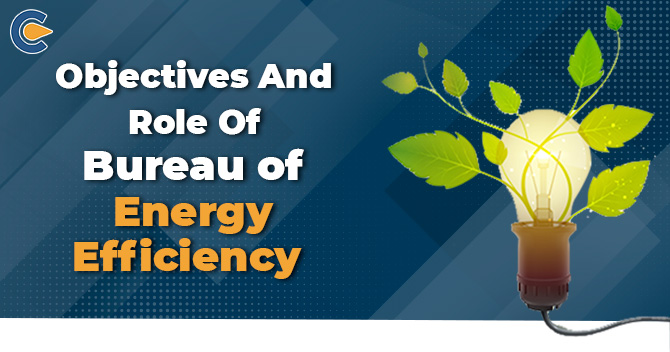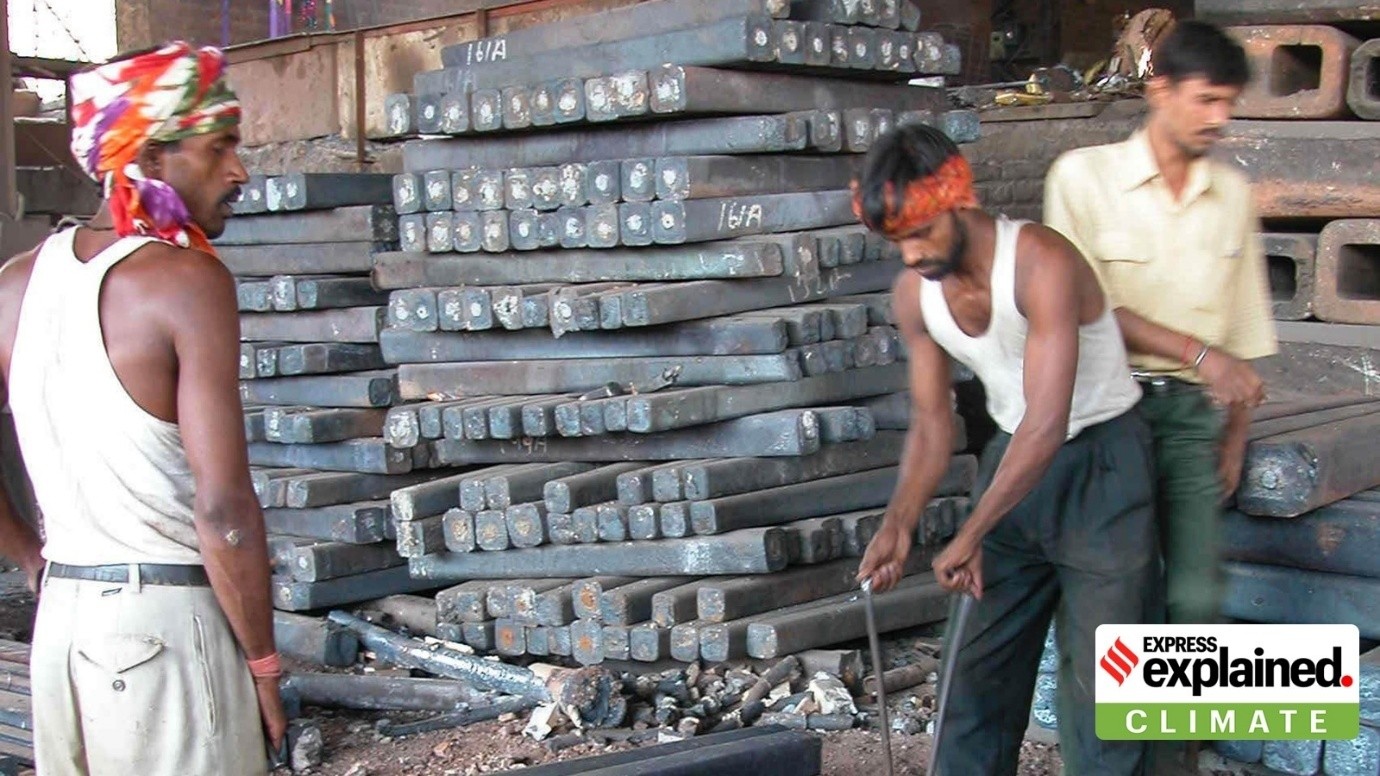Description

Copyright infringement not intended
Picture Courtesy: https://corpbiz.io/learning/objectives-and-role-of-bureau-of-energy-efficiency/
Context: The 22nd Foundation Day of the Bureau of Energy Efficiency (BEE) on March 1, 2024, highlighted the launch of energy efficiency programs, report releases, and underscored the importance of electric mobility and decarbonization in India's energy transition.
Details
- On March 1, 2024, the Bureau of Energy Efficiency (BEE) celebrated its 22nd Foundation Day with the theme "Energy Transition through Electrification and Decarbonization in India." The event served as a platform to showcase BEE's remarkable achievements and launch new initiatives aimed at promoting energy efficiency and accelerating India's transition towards a cleaner future.
Bureau of Energy Efficiency (BEE)
- The Bureau of Energy Efficiency (BEE) is a vital organization playing a key role in India's quest for a sustainable and energy-independent future.
- Established in 2002 under the Ministry of Power, BEE acts as the central agency responsible for driving energy efficiency initiatives across various sectors of the Indian economy.
Core Functions and Responsibilities
- Policy Development and Strategy Formulation: BEE works closely with the government to develop and implement policies and strategies aimed at reducing India's energy intensity. This involves promoting energy conservation practices, encouraging the adoption of clean technologies, and establishing regulatory frameworks that incentivize energy efficiency.
- Program Implementation and Management: BEE oversees a multitude of impactful energy efficiency programs that directly influence energy consumption across different sectors. Some prominent examples include:
- Perform, Achieve and Trade (PAT) Scheme: This market-based program encourages large industries to improve their energy performance through trading of energy savings certificates.
- Star Labelling Program: This program assigns energy efficiency star ratings to various appliances, empowering consumers to make informed choices and promote the use of energy-saving equipment.
- Energy Conservation Building Code (ECBC): This code sets minimum energy efficiency standards for commercial and residential buildings, ensuring a reduction in energy consumption in the construction sector.
- Demand Side Management (DSM): This program focuses on managing electricity demand during peak hours, encouraging consumers to adopt energy-efficient practices and shift consumption to off-peak periods.
- Coordination and Collaboration: BEE actively coordinates with designated consumers (large energy-consuming industries), designated agencies (state nodal agencies responsible for energy efficiency), and other relevant organizations. This collaborative approach ensures effective implementation of energy efficiency initiatives across the country.

BEE's Achievements and Impact
- Reduced Energy Consumption: BEE's relentless efforts have led to a significant reduction in India's energy consumption. Estimates suggest a decrease of around 3.5%, translating into substantial cost savings and reduced dependence on imported fossil fuels.
- Curbed Carbon Emissions: By promoting energy efficiency, BEE has contributed to a notable decline in carbon emissions, estimated to be around 306 million tonnes per year. This plays a vital role in mitigating climate change and its associated environmental consequences.
- Market Transformation: Through programs like Star Labelling, BEE has empowered consumers and influenced market dynamics. Manufacturers are increasingly focusing on developing and offering more energy-efficient products to cater to the growing demand from consumers.
- Improved Energy Security: By promoting energy efficiency and encouraging the adoption of clean technologies, BEE helps to reduce India's reliance on imported fossil fuels, leading to greater energy security.
Challenges and Future Focus
- Enhancing Awareness: Raising awareness among various stakeholders, including consumers, industries, and policymakers, about the importance of energy efficiency is crucial for the wider adoption of energy-saving practices.
- Capacity Building: Skilling and training professionals to design, implement, and monitor energy efficiency initiatives is essential for long-term success.
- Financing Mechanisms: Developing innovative financing mechanisms to incentivize investments in energy-efficient technologies can accelerate the pace of energy transition.
- Focus on Small and Medium Enterprises (SMEs): Expanding energy efficiency programs and initiatives to include SMEs, which constitute a significant portion of the Indian industry, can lead to further energy savings
BEE's Forward-Looking Approach
- Promoting Electric Mobility: As India strives to achieve its ambitious electric vehicle (EV) adoption goals, BEE will play a key role in setting standards, promoting infrastructure development, and creating an enabling framework for EVs.
- E-cooking Solutions: Encouraging the adoption of clean and energy-efficient electric cooking appliances can significantly reduce reliance on fossil fuels and improve indoor air quality.
- Building Efficiency: BEE will continue to refine and enforce Energy Conservation Building Codes to ensure that new and existing buildings are energy-efficient.
- Smart Grid Technologies: Integrating smart grid technologies can enhance energy efficiency by optimizing power generation, transmission, and distribution.

Conclusion
- The Bureau of Energy Efficiency serves as a critical catalyst for India's energy transition journey. By fostering a culture of energy conservation, promoting innovative technologies, and collaborating with diverse stakeholders, BEE paves the way for a more sustainable and energy-secure future for India.
|
PRACTICE QUESTION
Q. Evaluate the role of the Bureau of Energy Efficiency (BEE) in fostering international collaboration on energy efficiency initiatives. Discuss specific examples of such collaborations and analyze their impact on knowledge sharing, technology transfer, and policy development in India.
|











